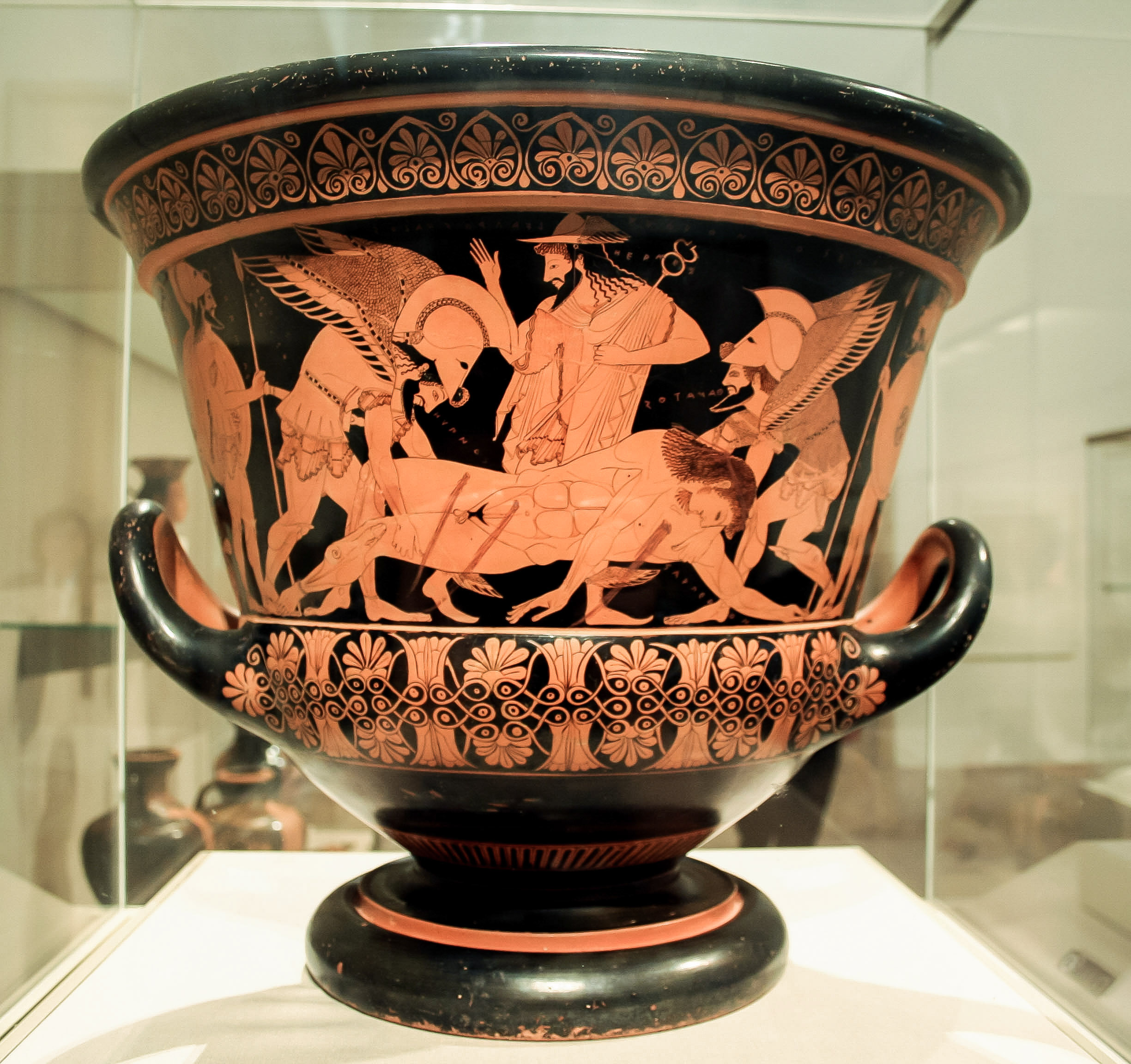Seneca, Moral Epistles 79.11-13
“Much of our work is done–well, if I am willing to tell the truth, it isn’t much. For goodness is not being better than the worst. Who would brag about their eyes after just glimpsing daylight? Someone who has seen the sun shine through a mist may be happy that they have fled the shadows even though they still do not enjoy the light’s benefit.
Our spirits will not have a reason to congratulate themselves until they are freed from the shadows they’re stumbling in and have not glanced at the light with fleeting vision but have exulted in the whole day and have been restored to their own place in the sky–when they return to the place they inhabited before they were born.
Their origins call souls on high–and they can make it back there even before being released from this prison once they abandon their vices and launch purely and lightly into divine contemplation.
It pleases me, dearest Lucilius, that we are doing this, that we pursue it with all our strength, even though few people–or none at all–know about it. Fame is virtue’s shadow–it follows even against our will.”
Iam multum operis effecti est; immo, si verum fateri volo, non multum. Nec enim bonitas est pessimis esse meliorem. Quis oculis glorietur, qui suspicetur diem? Cui sol per caliginem splendet, licet contentus interim sit effugisse tenebras, adhuc non fruitur bono lucis. Tunc animus noster habebit, quod gratuletur sibi, cum emissus his tenebris, in quibus volutatur, non tenui visu clara prospexerit, sed totum diem admiserit et redditus caelo suo fuerit, cum receperit locum, quem occupavit sorte nascendi. Sursum illum vocant initia sua. Erit autem illic etiam antequam hac custodia exsolvatur, cum vitia disiecerit purusque ac levis in cogitationes divinas emicuerit.
Hoc nos agere, Lucili carissime, in hoc ire impetu toto, licet pauci sciant, licet nemo, iuvat. Gloria umbra virtutis est; etiam invitam comitabitur.




